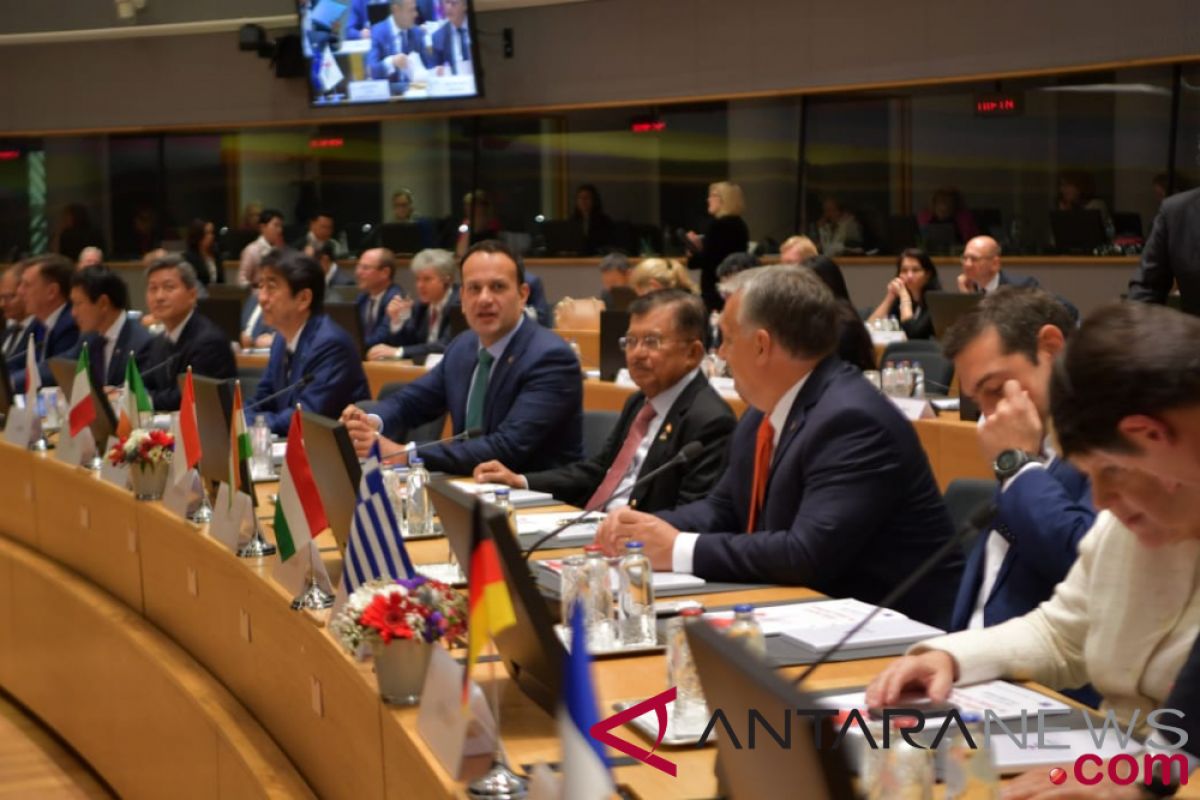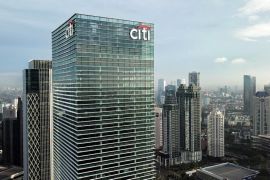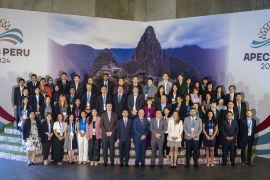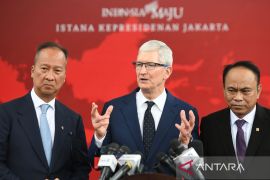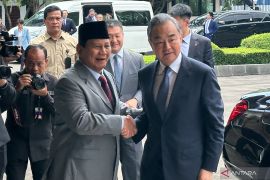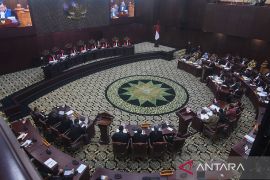The heads of government/state or high-ranking representatives of 51 Asian and European countries attending the summit revealed their commitment on a wide range of issues, including the one related to the global trading system, in the Chair`s Statement.
The strong support for the rules-based multilateral trading system that the leaders reaffirmed was centered on the World Trade Organization (WTO) by emphasizing a need to further strengthen and reform the WTO to enable it to meet new challenges.
Strengthening and reforming the WTO are also indispensable for helping it improve its transparency, monitoring, dispute settlement mechanism, and rule making function so that an open, free, and non-discriminatory trade can be carried out fairly.
The Asian and European leaders are also committed to ensuring the free and open trade on a level playing field and fight all forms of protectionism, including protectionist unilateral measures and unfair trade practices.
In this context, they underlined the importance of implementing and enforcing obligations under the WTO through its members, including the ongoing work to implement its Trade Facilitation Agreement.
Indonesian Vice President Jusuf Kalla, who attended the summit, opined that ASEM should serve as a platform for promoting a rules-based international trading system amid global uncertainty and threats of a trade war.
"We are able to act as a coordinating platform for modernizing and reforming the WTO to make it function more transparently and effectively," Kalla stated at the 12th ASEM Summit on Friday.
He referred to the recent IMF-World Bank Annual Meetings that Indonesia hosted, which promoted the importance of strengthening coordination and collaboration to reduce tensions and to encourage open dialog and reformation.
During the summit highlighting the theme of "Europe and Asia: Global Partners for Global Challenges," the participating leaders sought to strengthen dialogue and cooperation between the two continents on a wide range of areas.
The areas that they focused on were not just related to trade and investment but were also related to connectivity, sustainable development and climate, as well as security challenges such as terrorism, non-proliferation, cyber-security, and irregular migration.
In response to the social, political, and security issues, Kalla remarked that the ASEM should become a platform for building an interregional and intraregional ecosystem for peace and stability.
He encourages ASEM to use its constructive approaches more frequently in dealing with both regional and global security challenges by promoting dialogues for seeking solutions for peace and humanitarian problems, including refugee issues.
Furthermore, Kalla also highlighted the importance of the ASEM to become an interregional platform for promoting the implementation of international agreements, including the Sustainable Development Goals (SDGs) and the Paris Agreement.
The SDGs are the blueprint that the United Nations has set to gain a better and more sustainable future for all by addressing such global challenges such as poverty, inequality, climate, environmental degradation, prosperity, and peace and justice.
Meanwhile, The Paris Agreement is a landmark agreement made at the COP 21 in Paris on Dec 12, 2015, to "combat climate change and to accelerate and intensify the actions and investments needed for a sustainable low carbon future" (https://unfccc.int/).
Based on the agreement, the global response needs to be strengthened to deal with the threats of climate change by "maintaining the global temperature rise this century to well below 2 degrees Celsius above pre-industrial levels and to pursue efforts to limit the temperature increase even further to 1.5 degrees Celsius" (https://unfccc.int/).
Kalla also suggested that the ASEM necessarily strengthen cooperation on connectivity among its partners.
Regarding this connectivity issue, he was pleased to know Indonesia`s suggestion on the need to prioritize connectivity and infrastructure in the ASEM framework, including in the ASEM Pathfinder Group on Connectivity, to be followed up.
Since its formation, the ASEM has functioned as an effective base for sharing lessons learned and best practices in addressing various issues for many years, but there will always be room for improving the organization to enable it to increase its impact and visibility for the sake of the people within its partners.
"By considering the level of attendance at this very important meeting, I believe that we can potentially achieve this goal," Kalla remarked.
The hope for a better ASEM that the Indonesian vice president echoed at the 12th ASEM Summit represents not only Indonesian interests but also the interests of their colleagues in 30 European countries and 20 other Asian countries.
Editing by Otniel
Reporter: Rahmad Nasution
Editor: Fardah Assegaf
Copyright © ANTARA 2018
